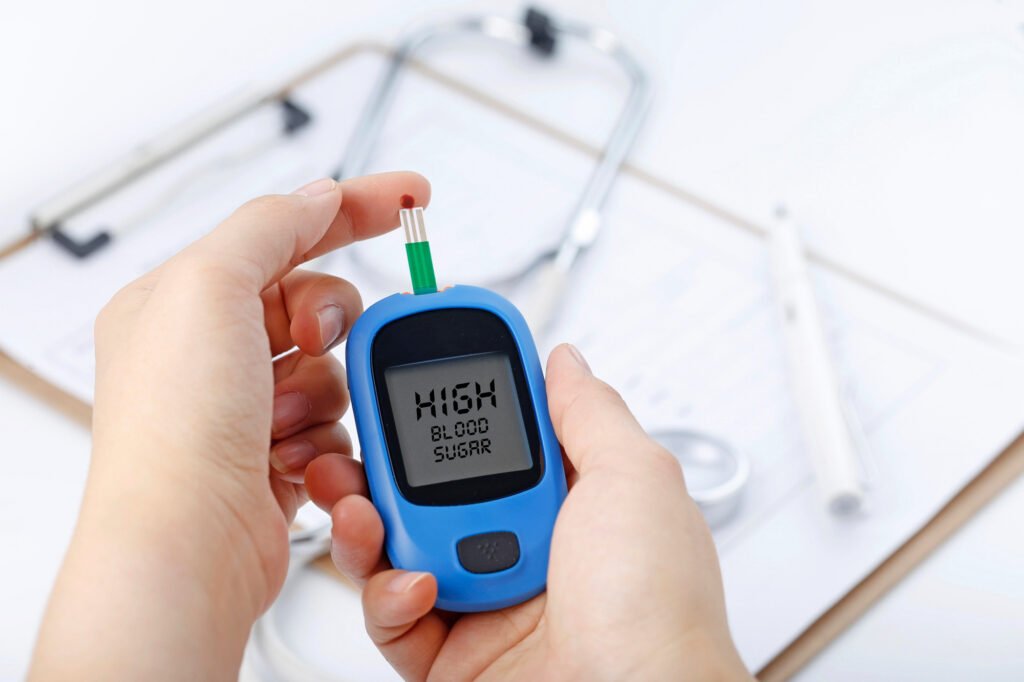
A low-carb breakfast can be very helpful for persons with diabetes, and breakfast is typically considered the most essential meal of the day. Because carbohydrates can produce a spike in blood sugar, starting the day with a low-carbohydrate meal can help to maintain more consistent glucose levels.
A low-carb breakfast is beneficial for diabetics in a variety of ways. First, it can assist lower blood sugar levels and prevent hypoglycemia. This is because glucose, the fuel that our cells need for energy, is mostly found in carbohydrates. When we skip breakfast or eat a meal low in carbohydrates, our systems are forced to use fat stores as fuel. This may aid in avoiding dangerously low blood sugar levels.
Second, insulin sensitivity can be enhanced by beginning the day with fewer carbohydrates. Insulin is a hormone that facilitates glucose metabolism in the body. It takes an increase in insulin production to maintain normal blood sugar levels after a meal high in carbohydrates. The cells of the body may become less sensitive to insulin as a result of this disorder. An important contributor to developing type 2 diabetes is insulin resistance.
Third, starting the day with fewer carbohydrates can aid in weight loss. People with diabetes should make weight loss a priority since it can aid in better blood sugar control and lessen the likelihood of problems. By decreasing appetite and cravings throughout the day, a low-carb breakfast can aid weight loss.
Of course, not every meal that’s low in carbohydrates is the same. Unhealthy fats and calories abound in some low-carb breakfast meals, such as processed meats and sugary drinks. Pick breakfast meals that are low in carbohydrates but still provide adequate nutrition and keep you full until lunch. Among the best choices are:
- Eggs Meat Fish
- Vegetables without starch
- Seeds and nuts
- Dairy items that are high in fat
- Foods with a lot of fiber
- Talk to your doctor before making any drastic lifestyle changes, such as switching to a low-carb breakfast if you have diabetes. They can assist you in developing a personalized, nutritious diet.
Diabetics benefit from low-carb breakfasts. Specific benefits:
Carbohydrates control blood sugar. Diabetics can reduce blood sugar increases by cutting carbs at breakfast. Type 2 diabetes and post-meal blood sugar increases make this crucial.
Reduced carbohydrate intake improves insulin sensitivity, making it easier for the body to use insulin. This can improve diabetes management and minimize drug dosages.
Low-carb breakfasts can help diabetics lose weight. By cutting carbs, the body burns fat instead of glucose. Weight loss or maintenance can help manage diabetes and reduce complications.
Low-carb meals emphasize protein and healthy fats, which increase satiety. This helps lower hunger cravings and prevent overeating later in the day, which can help weight watchers.
Low-carb diets may enhance lipid profiles by raising HDL (good) cholesterol and lowering triglycerides and LDL (bad) cholesterol. Diabetes increases the risk of heart disease, thus this can improve cardiovascular health.
Note that diets and health concerns differ. Before making major food changes, go to a doctor or nutritionist who can tailor recommendations to your requirements and medical history.
Additional suggestions for picking a low-carb morning meal:
- Try to eat more protein and fiber. You may feel less hungry and more content with these nutrients in your system.
- Complex carbs are preferable to simple ones. Since they are absorbed more slowly, complex carbs are better at keeping blood sugar levels steady.
- Enhance your morning meal with some good fats. Consuming a diet rich in healthy fats has been shown to increase metabolic rate and satiety.
- Be sure to hydrate well. Hydration and toxin elimination both benefit from drinking water.
- A low-carb breakfast that is also beneficial for your blood sugar is simple to prepare with a little forethought.